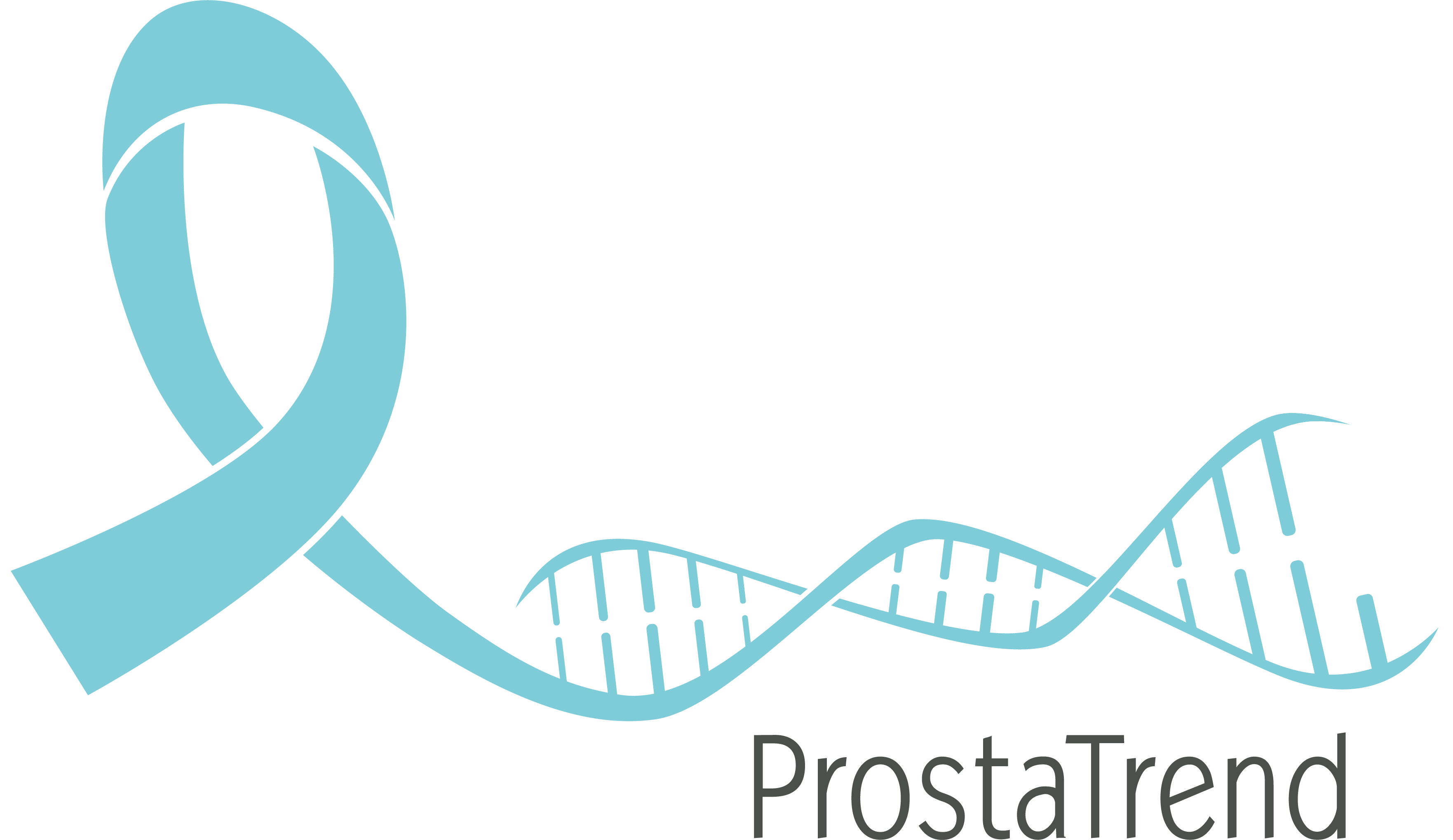Prognostic biomarkers for prostate cancer identified
Led by the Fraunhofer Institute for Cell Therapy and Immunology IZI in Leipzig, as well as the Department of Urology of the University Hospital and Faculty of Medicine of the Technische Universität Dresden, a team of researchers has succeeded, for the first time, in identifying prognostic biomarkers for prostate cancer which are based on transcriptome-wide gene sequencing. The description of the developed gene signature for the assessment of prostate cancer after surgery has now been published in the renowned “European Urology” journal.

Prostate cancer is the most common cancer in Europe and ranks third among fatal cancers in men. However, the clinical development of local prostate cancers is extremely variable. Some patients suffer from a very aggressive form of tumour, which is ultimately fatal. But many other patients have an indolent (less aggressive) version which can be cured with radical treatment or which can even be treated using the strategy of active surveillance. This is important, because, in many cases, these patients undergo unnecessary operations - since clinical and histopathological risk factors as well as the biomarkers and classification models currently available are lacking prognostic accuracy. This has resulted in a high demand for more reliable biomarkers, which permit an early prognosis of the clinical development of the cancer.
A team of scientists from the Fraunhofer IZI, the Urology Department and the Institute of Pathology of the Technische Universität Dresden, the Institute of Medical Informatics, Statistics and Epidemiology (IMISE) as well as the Institute of Clinical Immunology of Leipzig University have successfully identified prognostic biomarkers for prostate cancer, which permit a more exact prognosis of the course of the disease. In addition, the departments of pathology and urology (as well as the division of experimental oncology) of IRCCS Ospedale San Raffaele in Milan, Italy, and the Bioinformatics & Transcriptomics working group of the Helmholtz Centre for Environmental Research (UFZ) were also involved in this project.
In order to investigate the molecular mechanisms of prostate carcinoma, the scientists analysed changes in the entire transcriptome, i.e. the gene activity of all genes, and looked for gene signatures that would allow a reliable prognosis. To this end, more than two hundred tissue samples of operated prostate cancer patients were assessed by the Fraunhofer IZI unit “Next-Generation Diagnostics” (Dr Conny Blumert) using transcriptome-wide sequencing and gene expression micro-arrays.
The samples came from the Department of Urology as well as the Institute of Pathology (Dir. Prof. Dr Gustavo Baretton) of the Technische Universität Dresden. Under the leadership of Professor Manfred Wirth and Professor Susanne Füssel, the scientists of the Department of Urology prepared all samples for analysis utilising a complex procedure and also provided comprehensive data of clinical long-term monitoring of the patients. “We were able to provide clinical samples from cancer patients which we have collected in our biobank since 1995 for this research project. Projects of this nature only become possible through the close cooperation between clinics and the research sector”, explained Professor Manfred Wirth, former Director of the Urology Department of the Carl Gustav Carus University Hospital Dresden.
The expression of individual genes was compared with the clinical development of the disease in a survival time analysis. For this, the evidence established in cohorts for different types of sample material was combined using a statistical meta-analysis by the Bioinformatics Unit of Fraunhofer IZI. “We have combined all selected genes in a prognostic gene expression score – the ProstaTrend Score – for every patient”, explained Dr Kristin Reiche, the head of the Bioinformatics Unit. Together with her colleagues, Dr Markus Kreuz und Dominik Otto, Dr Kristin Reiche was able to prove that the ProstaTrend Score has strong prognostic relevance and correlates well with the patients’ survival times.
“The ProstaTrend Score helped us to classify exactly whether the specific case is an aggressive form of prostate cancer, or an indolent form. In principle, transcriptome-wide sequencing for clinically relevant tests, such as those first implemented by us in the ProstaTrend Score, can also be used for other types of cancer”, explained Professor Friedemann Horn, who runs the Diagnostics department at Fraunhofer IZI. Together with the project partners, the Fraunhofer scientists have submitted a patent for the procedure. The findings implemented with the ProstaTrend Score resulted from the research activities of the RIBOLUTION project consortium. Using funding by the Fraunhofer-Zukunftsstiftung, the consortium established innovative solutions for identifying new biomarkers with the help of novel diagnostic solutions.
Based on these findings, the scientists of the Fraunhofer Institute of Cell Therapy and Immunology (IZI) and of the Technische Universität Dresden are currently working on a transfer of the gene signature to biopsies with the long-term aim of providing the ProstaTrend Score for clinically relevant tests so that it can be used to assess the aggressiveness of prostate cancer by using a biopsy.
The publication “ProstaTrend—A Multivariable Prognostic RNA Expression Score for Aggressive Prostate Cancer” by Markus Kreuz (Fraunhofer IZI, Leipzig University), Dominik J. Otto (Fraunhofer IZI), Susanne Füssel (TU Dresden) et al. was published in the “European Urology” journal on 4th of July (doi: 10.1016/j.eururo.2020.06.001).
Partners
Technische Universität Dresden (TU Dresden), Dresden, Germany
Leipzig University, Leipzig, Germany
IRCCS Ospedale San Raffaele, Milan, Italy
Helmholtz Centre for Environmental Research GmbH – UFZ, Leipzig, Germany
Contact TU Dresden
Prof. Dr. med. Dr. h. c. Manfred Wirth & Prof. Dr. rer. nat. Susanne Füssel
Clinic of Urology, University Hospital Dresden (TU Dresden)
Fetscherstraße 74
01307 Dresden
Germany
Urologie@uniklinikum-dresden.de

